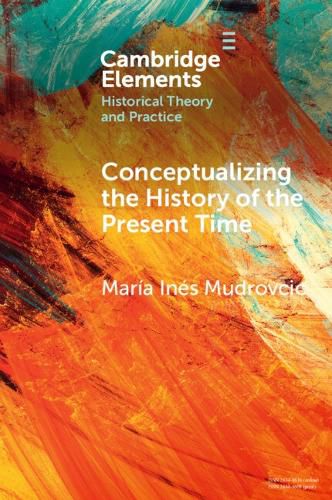Readings Newsletter
Become a Readings Member to make your shopping experience even easier.
Sign in or sign up for free!
You’re not far away from qualifying for FREE standard shipping within Australia
You’ve qualified for FREE standard shipping within Australia
The cart is loading…






In this work, I explore four meanings of 'contemporary,' emphasizing its designation as a historical field. I argue that disagreements about when the presento or the contemporary era begins stem from historians assuming a linear, chronological, and absolute conception of time. Following scholars like L. Descombes, L. Hoelscher, B. Latour, D. J. Wilcox and S. Tanaka, I propose conceiving relational historical time without chronology, emphasizing the original sense of "sharing the same time" that 'contemporary' acquired for the first time. This perspective mitigates issues concerning the 'beginnings' or 'meaning' of the present. Emphasizing relationships within a relational time framework aids in overcoming ontological challenges like 'so many presents' or 'distance in time,' along with the corresponding epistemological issue of 'objectivity.' This exploration aims to reevaluate and enrich our understanding of the multifaceted concept of the 'present' in the context of history.
$9.00 standard shipping within Australia
FREE standard shipping within Australia for orders over $100.00
Express & International shipping calculated at checkout
In this work, I explore four meanings of 'contemporary,' emphasizing its designation as a historical field. I argue that disagreements about when the presento or the contemporary era begins stem from historians assuming a linear, chronological, and absolute conception of time. Following scholars like L. Descombes, L. Hoelscher, B. Latour, D. J. Wilcox and S. Tanaka, I propose conceiving relational historical time without chronology, emphasizing the original sense of "sharing the same time" that 'contemporary' acquired for the first time. This perspective mitigates issues concerning the 'beginnings' or 'meaning' of the present. Emphasizing relationships within a relational time framework aids in overcoming ontological challenges like 'so many presents' or 'distance in time,' along with the corresponding epistemological issue of 'objectivity.' This exploration aims to reevaluate and enrich our understanding of the multifaceted concept of the 'present' in the context of history.